ascites in cats vin
Ascites may be a manifestation of either a transudate or a modified transudate. Treatment for Ascites in Cats.
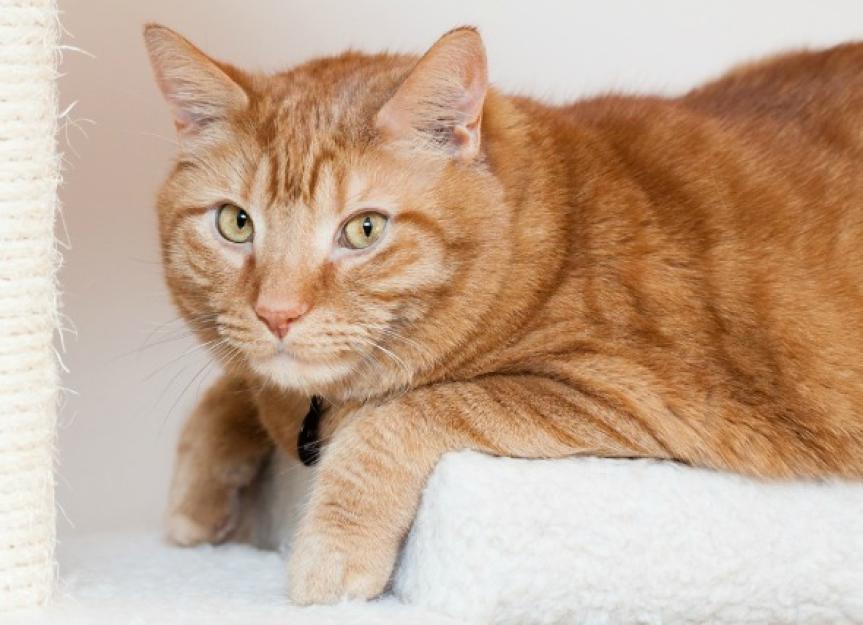
Fluid In Abdomen In Cats Petmd
Bloody Nose Epistaxis in Dogs and Cats.
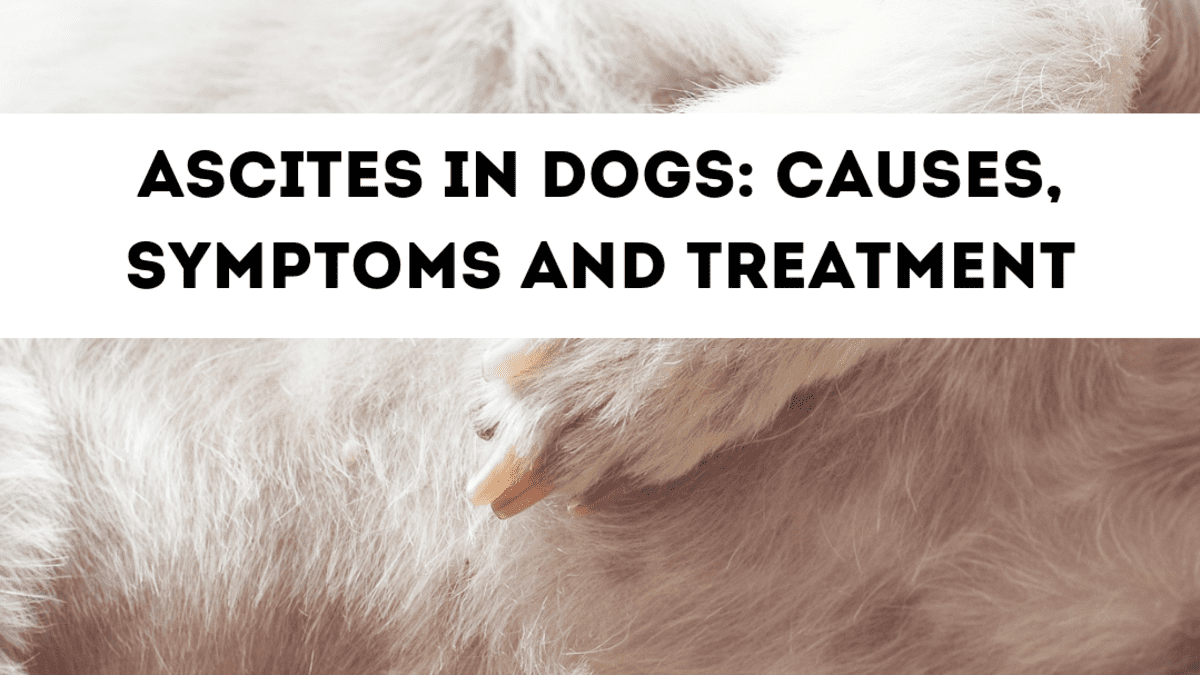
. Ascites known as abdominal effusion or effusion is a clinical sign that occurs when an abnormal amount of fluid accumulates in the abdomen which can come from the blood. There are many different causes for ascites abdominal fluid which may include liver disease low blood albumin infections like FIP cancer unlikely in a cat this age among other causes. Ascites in Cats Symptoms and Types.
The term transudate refers. While a swollen stomach is one of the most obvious signs of ascites any. It is characterized by multiple shunts.
Some of the outward symptoms your cat may show are difficulty breathing or dyspnea due to pressure. Ascites may be a manifestation of either a transudate or a modified transudate. Abdominal organ failure Cancer Feline infectious peritonitis Physical trauma.
Abdominal effusion or ascites in cats is a medical condition which refers to the accumulation of fluid in the abdominal area of the cat. Blastomycosis is a Systemic Fungal infection Affecting Dogs and Cats. Bones are Unsafe for.
Overview of Ascites in Cats. Bloat - The Mother of All Emergencies. By Nomi Berger.
Ascites pronounced a-site-eez is the accumulation of fluid in a cats abdominal cavity. CHF is most often seen in senior cats but it can also be genetic and crop up in younger cats. Acquired PSS is commonly caused by portal hypertension secondary to liver cirrhosis or liver failure.
In general the term ascites refers to serous abdominal fluid accumulation. The volume of the fluid can be quite subtle or it may be significant causing. The term transudate refers to low-protein fluid that has escaped from the intravascular space as a result.
In general the term ascites refers to serous abdominal fluid accumulation. This might cause symptoms including. Ascites pronounced a-site-eez is the accumulation of fluid in a cats abdominal cavity.
In many cases a fluid analysis. Reducing ascites by 115 of total body wtday is recommended by initially using combined treatment with furosemide 12 mgkg PO bid and spironolactone loading dosage 24. Ascites is the abnormal accumulation of fluid in the abdominal cavity.
While a swollen stomach is one of the most obvious signs of ascites. The major cat diseases and afflictions that can cause ascites in cats that well cover here include. There are several causes.
The reason that it leads to ascites is because the cats heart is struggling to. Typically the ascites of the abdominal cavity in cats is the result of some changes of the internal organs. The term transudate refers.
Ascites may be accompanied in acquired PSS in. This may be a consequence of diabetes mellitus cardiovascular diseases.

Can A Cat With Fip Survive Is There A Cure For Fip Gs441 For Fip

Today S Veterinary Technician March 2017 By Davidpsu Issuu
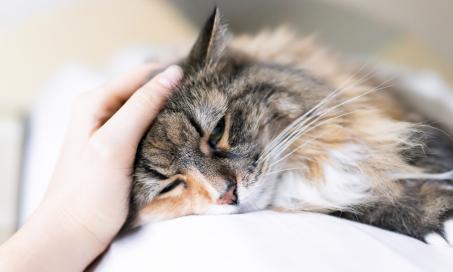
Fluid In Abdomen In Cats Petmd
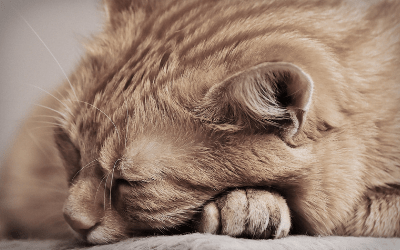
Proteinlosing Enteropathy Ple In Cats Vca Animal Hospital
Chylous Ascites Associated With Abdominal Trauma And Intestinal Resection Anastomosis In A Pet Ferret Mustela Putorius Furo In Journal Of The American Veterinary Medical Association Volume 252 Issue 10

Pdf Manual Of Canine And Feline Cardiology Ihsanul Firdaus Academia Edu

Read This Infectious Disease Article By Betty Marcucci

Diets And Heart Disease In Dogs Mill Creek Animal Hospital
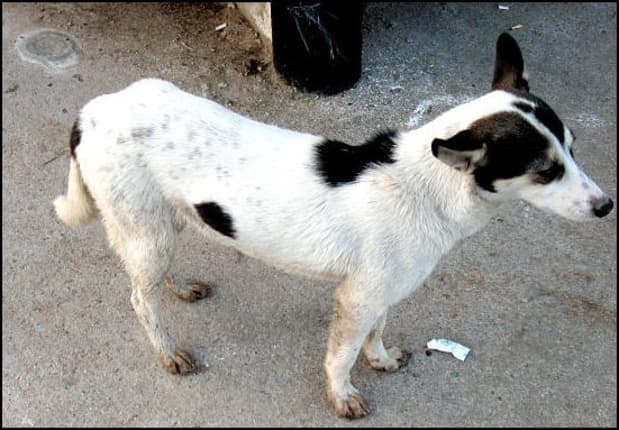
The Causes Of Ascites Fluid In The Abdomen In Dogs Pethelpful

Ascites In Cats Causes Symptoms And Treatment

The Causes Of Ascites Fluid In The Abdomen In Dogs Pethelpful
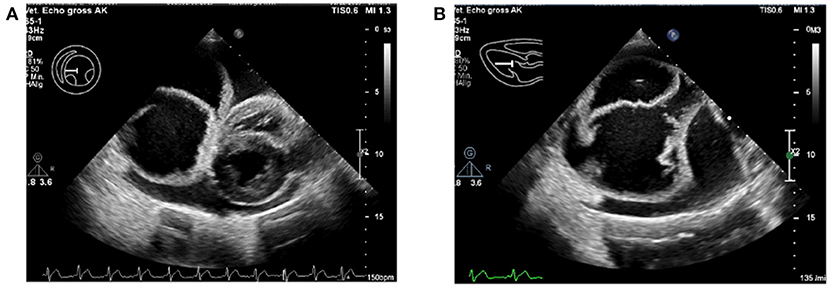
Frontiers Case Report Unusual Peritoneopericardial Diaphragmatic Hernia In An 8 Month Old German Shepherd Dog Associated With A Pericardial Pseudocyst And Coexisting Severe Pericardial Effusion Resulting In Right Sided Heart Failure

Practical Tips For Diagnosing Fip Wsava2009 Vin

Update On Feline Toxoplasmosis Caney 2021 In Practice Wiley Online Library
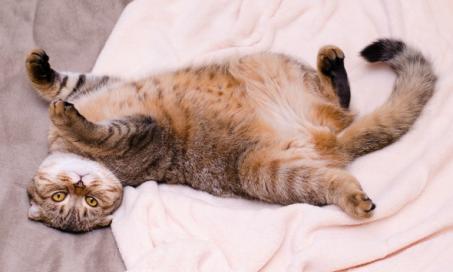
Fluid In Abdomen In Cats Petmd

Ascites In Cats Causes Symptoms And Treatment

Adventures In Vet Techin Other Names Fip Cause Feline Coronavirus

